
Uncovering the Enriched Culture of Batangas: A Dive into Tradition and Heritage
- Jazy Villanueva
- Mar 31, 2024
- 2 min read
Batangas is a province in the Philippines known for its rich cultural heritage that has a deep historical and cultural significance in the Philippines

It is home to well-preserved Spanish colonial architecture, including churches, ancestral houses, and heritage sites. The province takes pride in its cultural traditions, festivals, and local cuisine, showcasing a blend of indigenous, Spanish, and modern influences. Moreover, it's natural beauty boasts diverse natural landscapes, including beaches, mountains, and volcanic features. The province also has beautiful beaches like Laiya, Nasugbu, and Calatagan, offering opportunities for relaxation, water sports, and diving. Furthermore, economically dynamic, with thriving industries such as agriculture, manufacturing, tourism, and commerce. In addition, the province is known for agricultural products that hosts industrial zones and ports, contributing significantly to the region’s economy and trade. Aside from that, in the area of tourism and hospitality plays a vital role in Batangas’ economy, with a range of accommodations, resorts, and tourist facilities catering to both local and international visitors. The province offers a mix of adventure tourism, cultural experiences, beach getaways, and nature exploration, making it a diverse and attractive destination.
Kapeng Barako: Aromatic Coffee
Batangas is well known for several things like Batangas Barako Coffee, a famous for its strong, aromatic coffee known as “Barako.” It is a popular local coffee variety grown in the province and has gained recognition both locally and internationally.
Taal Volcano: A picturesque crater lake
One of the province most iconic landmarks and being one of the world’s smallest active volcanoes. It attracts tourists for hiking, sightseeing, and boat tours around the lake.
Beaches and Dive Spots
Batangas is home to beautiful beaches and dive spots along its coastline. Popular beach destinations like Nasugbu, Laiya, and Calatagan offer white sand beaches, clear waters, and opportunities for water sports and relaxation.
Heritage Sites: Taal Church
Batangas is also known for producing lambanog, a traditional Filipino alcoholic beverage made from coconut sap. It is often referred to as coconut wine or coconut vodka and is a popular drink during festivals and gathering.
Traditional Crafts and Handicrafts
Explore Batangas' rich tradition of handicrafts such as balisong (butterfly knife) making, embroidery, and weaving. Visit local workshops or markets to see artisans at work and purchase authentic handcrafted items.
Lambanog: Coconut Wine
Batangas is also known for producing lambanog, a traditional Filipino alcoholic beverage made from coconut sap. It is often referred to as coconut wine or coconut vodka and is a popular drink during festivals and gatherings.
Religious and Cultural Festivals
Participate in religious and cultural festivals such as the Feast of the Immaculate Conception in Batangas City or local barangay fiestas, which feature traditional dances, music, and religious processions.
Overall, Batangas's is enriched with its culture that contributes to the Philippine economy ranging from industrial and agricultural output to tourism and energy production, all of which play crucial roles in driving economic development and prosperity in the region and the country as a whole.



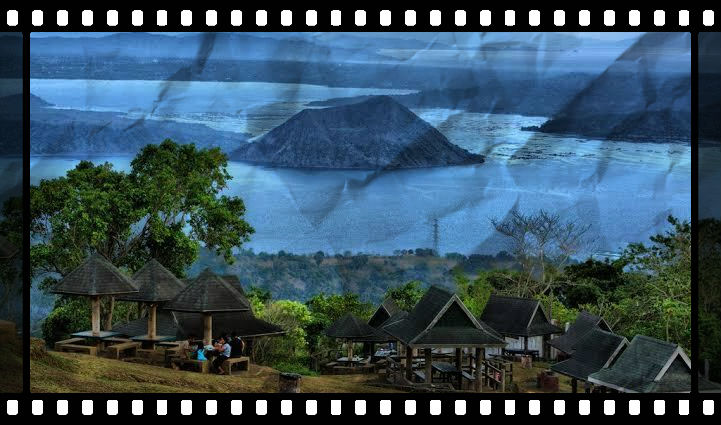

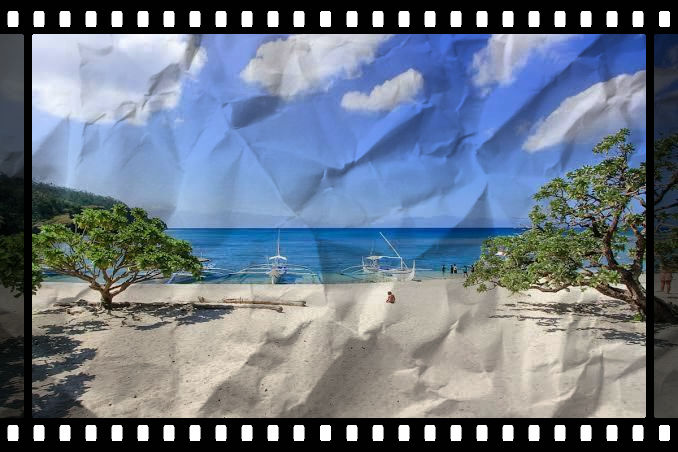

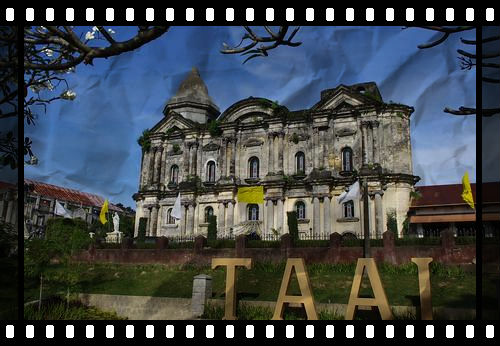

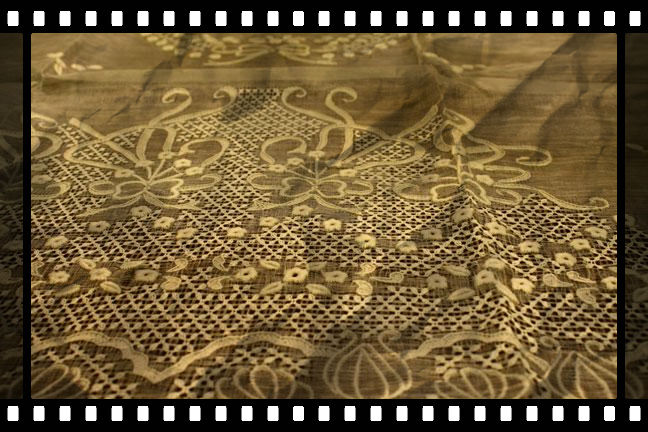



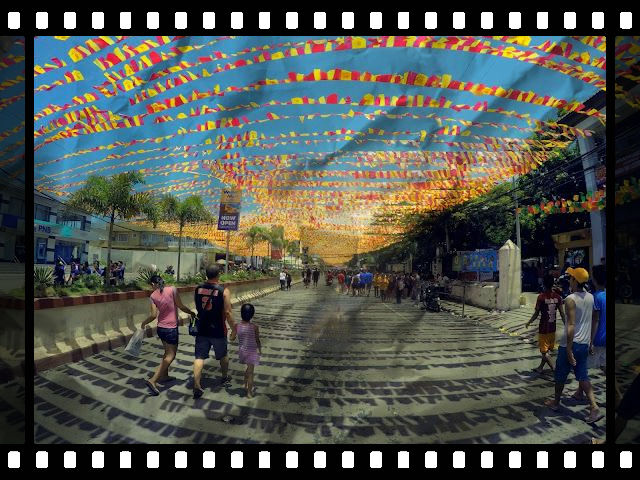
Comments